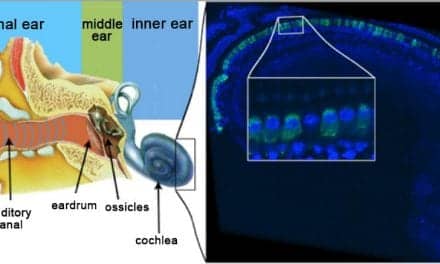
Founded by audio engineers and musicians with decades of experience, Psyx’s adaptive technologies aim to recreate what is lost during the compression process and remove digital artifacts that can damage hearing. According to a recent company announcement, Psyx is leveraging Qualcomm’s Hexagon DSP Access program to provide deep integration in the firmware, offering benefits of lower power, better concurrency, and more computational headroom for additional tasks.
“Earprint reduces listening fatigue and actually improves your hearing using adaptive psychoacoustics, and our custom designed interface on the YotaPhone 2, which makes it easy to find a perfect fit for any environment,” said Mark Reasinger, Psyx Research CEO and co-founder. “We are honored to be chosen by Yota Devices to add our technology to their innovative YotaPhone 2.”
Psyx reports that nearly all music content played through mobile, tablet, or laptop devices is compressed, including YouTube, Spotify, web browsing, and downloaded songs. Compression allows for smaller files but the process damages the content, providing only a fraction of the actual original music, while also adding digital artifacts.
In addition to the YotaPhone 2 integration, Psyx Research is introducing the same technology in an app, which is now available for Apple and Android smartphones. The basic Earprint app is available for free and a professional version is available for $4.99. Through the app, the user can choose one Earprint color profile that sounds best to them, and Earprint will reportedly remember the choice the next time the song is played.
Source: Psyx Research, Yota Devices







